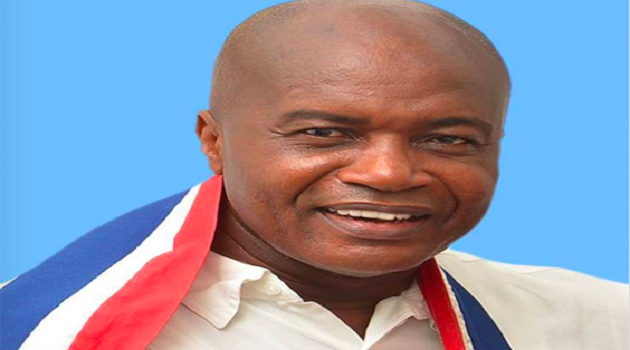
The Minister of State in charge of Public Procurement, Hon. Sarah Adwoa Safo, Friday, April 20, 2018, mounted the platform of the IMF/World Bank spring meetings in Washington DC, USA, to discuss opportunities the new Bank procurement framework offers to international businesses and innovative development results.
She was joined by five other renowned international procurement experts including; Manuel Ferro, Vice-President, Operations Policy and Country Services, The World Bank, Enzo De Laurentiis, Chief Procurement Officer, Standards, Procurement, and Financial Management, Operations Policy and Country Services, The World Bank, Urika Modéer, State Secretary to the Minister for International Development Co-operation and Climate, Government of Sweden, Roger Fiszelson, Advisor, MEDEF Business Confederation and Confederation of International Contractors’ Association, France and Gary Litman, Vice-President for Global Initiatives, U. S. Chamber of Commerce.
The panelists focused on the theme: ‘Innovations in Competitive Procurement: How the World Bank’s New Procurement Framework Balances Development Needs with Market Opportunity’.
The objective of the event was to show how the World Bank’s new procurement Framework creates a better enabling environment for businesses and better value for clients.
Hon. Adwoa Safo who is also the deputy Majority Leader of Ghana’s Parliament took her audience who were seated in a theater-style through the role and purpose of establishing her Ministry and what the President of the Republic of Ghana, Nana Addo Dankwa Akufo-Addo, expects from her.
She indicated that the new innovations that the World Bank is seeking to introduce sits very well with what her ministry is doing now.
Procurement Policies
According to her, the Ministry of Public Procurement was established to develop and formulate procurement policies that are aligned to the vision of the President to enable him achieve his targeted goals.
Hon. Safo told her audience that in Ghana about 65% of the state revenue goes into procurement which interprets that a large chunk of the country’s revenue goes into procurement, thereby, making it a veritable arena for corruption.
To this end, a well cut strategy, is being developed to make it a disincentive to all who intend to steal from procurement, she added.
Transparency
She commended the World Bank for introducing a new procurement framework, stressing that transparency and the use of the right methods to procure for the government are some of the priority areas the government is focusing on in order to achieve value for money.
The event which was moderated by Tanya Beckett, an International Journalist, brought together senior representatives of international businesses, chambers of commerce, client governments and World Bank Senior management.
Background
In July 2016, the World Bank launched a new Procurement Framework, which maximizes the strategic role of procurement in achieving development goals by:
• Recognizing that countries are to be more efficient in their public spending so that they can invest more in basic public services such as education, health and infrastructure services and enrich development outcomes,
• Modernizing procurement to emphasize fit-for-purpose, choice, quality, and greater value for public spending, while enabling adaptation to country contexts,
• Promoting strengthened national procurement systems that are empowered to support sustainable development objectives and,
• Increasing transparency in public spending by taking advantage of ICT tools in public procurement.



